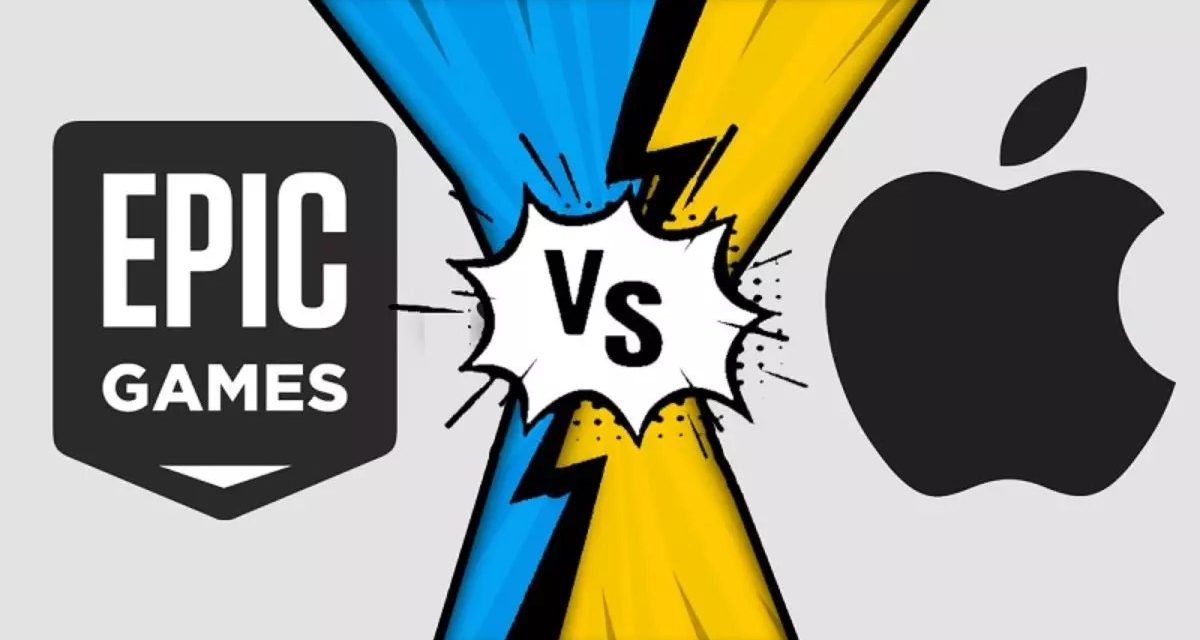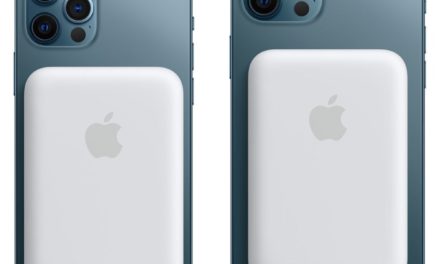Epic Games has asked a federal judge to hold Apple in contempt of court over its failure to properly comply with a court order to open its App Store to outside payment options, according to Bloomberg (a subscription is required to read the entire article).
Apple has said it would let all third-party apps sold in the US include an outside link to a developer website to process payments for in-app purchases after the U.S. Supreme Court refused in January to wade into a three-year feud between the Fortnite game maker and the iPhone maker
“Apple’s goal is clear: to prevent purchasing alternatives from constraining the supracompetitive fees it collects on purchases of digital goods and services,” Epic said in the filing. “Apple’s so-called compliance is a sham.”
However, Apple claims it’s already complied. This is all part of the endless legal brouhaha between the two companies. In January the Supreme Court declined to hear separate requests from both Apple and Epic Games in their long-standing lawsuit.
Apple made the request in September 2023, asking the Supreme Court to hear its appeal about the portion of its legal dispute that was ruled in Epic’s favor. The Court also declined to hear a request from Epic Games to make a ruling on the case.
MacRumors noted that, as a result of the decision, the previous rulings stand and Apple can continue to disallow third-party payment processing within apps, but will have to allow developers to inform users about other purchasing options outside of the App Store.
The global legal back goes back toAug. 13, 2020, when Epic Games announced that it had introduced a new direct payment option in the Fortnite app for iPhone and iPad, allowing players to purchase 1000 V-Bucks for US$7.99 rather than $9.99 through Apple’s in-app purchase mechanism. Shortly thereafter, Apple removed the gamer from the App Store for violating store polices and followed up by shutting down the company’s developer account.
Epic immediately filed a lawsuit against Apple in the U.S. District Court for the Northern District of California.In September 2020 Apple filed a countersuit to stop the game maker from using its own payment system for Fortnite. Apple also accused Epic of theft and sought extra monetary damages beyond breach of contract.
In September 2021, U.S. District Judge Yvonne Gonzalez Rogers ruled that Apple’s anti-steering conduct is anti-competitive, but ruled in favor of Apple on all other counts.
In a 185-page ruling, Rogers said “the Court cannot ultimately conclude that Apple is a monopolist under either federal or state antitrust laws,” but she said the trial “did show that Apple is engaging in anticompetitive conduct under California’s competition laws.” Rogers concluded that “Apple’s anti-steering provisions hide critical information from consumers and illegally stifle consumer choice.”
She ruled that Epic Games had to pay damages equal to 30% of the $12,167,719 in revenue that it collected from users in the Fortnite app on iOS through the direct payment option between August 2020 and October 2020, plus 30% of any such revenue Epic Games collected from November 1, 2020, through the date of judgment, plus interest.
Article provided with permission from AppleWorld.Today




